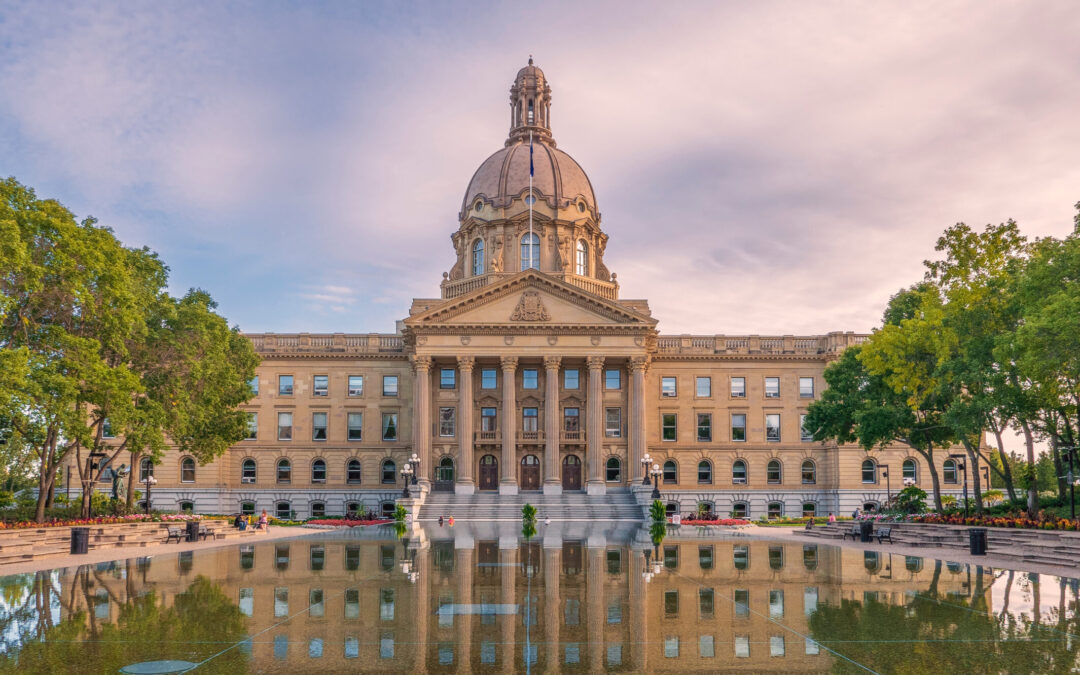If you had said twelve months ago that Alberta would be projecting a budget surplus for 2022-23, almost no one would have believed you. From the midst of pandemic restrictions and inflationary pressures, surging natural gas and oil prices have fueled a stark increase in revenues. This is certainly not the balanced budget vision outlined by Premier Kenney when he took office in 2019 – but an end to years of hard-to-swallow deficits is certainly welcome news for the United Conservative Party.
Even in the most recent fiscal update on November 30, 2021 a $5.8B deficit was projected – showing just how much things have changed and how volatile they could remain. The opposition’s calls for reversing previous funding decisions were not answered – as the UCP government remains committed to the spending reductions in many areas that were promised as part of it’s election victory.
Big Numbers
- Revenues of $62.6B
- Corporate tax revenue up 20+% to $4B
- Expenses of $62.1B
- Surplus of $500M, with additional targeted surpluses for the next two budgets
- Real GDP grew 5.8% in 2021, expected to grow 5.4% in 2022
- Province will recover to 2014 economic levels this year
Health Spending
- Health spending grows by $600M in 2022-23 and a total of $1.8B by 2024-25
- $100M per year for three years for capacity expansion including intensive care unit beds
- $750M in COVID-19 contingency spending for this year to address surgical backlog and other costs
Jobs Funding
- $600M for Alberta at Work initiative – Part of Alberta’s Recovery Plan
- $47M in capital funding and $25M over three years in operational funding for collegiate programs, charter school expansions and other educational initiatives
- $171M over three years targeted to students in areas with skill shortages
- 7000 post-secondary seats in computer sciences, information technology, data modelling, finance, fintech, engineering, health care and aviation
- $30M for apprenticeship programs
- $30M over three years mostly in commercial driver grants
Capital Plan
- $5.8B over three years for large infrastructure projects
- $722M for the Local Government Fiscal Framework, which replaces the Municipal Sustainability initiative in 2024-25
- $2.8B for LRT in Edmonton and Calgary
- $320M over three years for broadband internet
Fiscal Assumptions
- The 2022-23 budget is based on a WTI Oil price of $70USD and WCS Oil price of $70.30 CAD
- Natural gas prices are assumed to be $3.20CAD
- The Canadian dollar is assumed to be worth $.79 USD
Finance Minister Travis Toews has been one of the few UCP Ministers concretely in place since day one. His steady presence and lack of notable controversies has positioned him strongly within the Kenney Cabinet. Provincial budgets are often a source of negative press – even in a province perceived as fiscally conservative – yet Toews has managed to largely avoid this sort of broad criticism during his tenure.
This budget sets the stage for the final full year of this government’s mandate – with an election set for spring 2023.
If you have questions about what this budget means for your sector, business, or association, please reach out to the Counsel Public Affairs team:

tjkeil@counselpa.com
780.932.9190

aruddy@counselpa.com
403.472.1136

